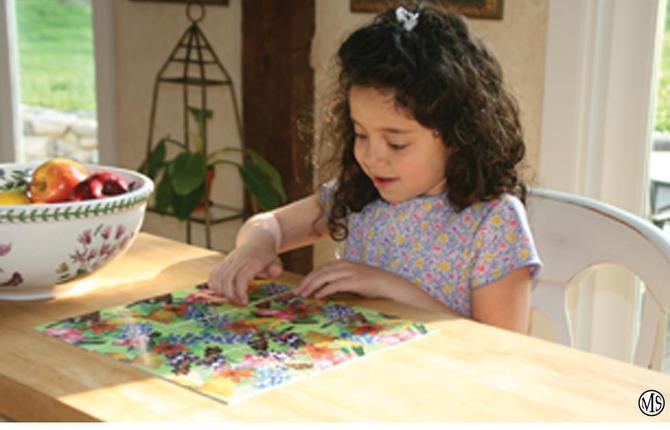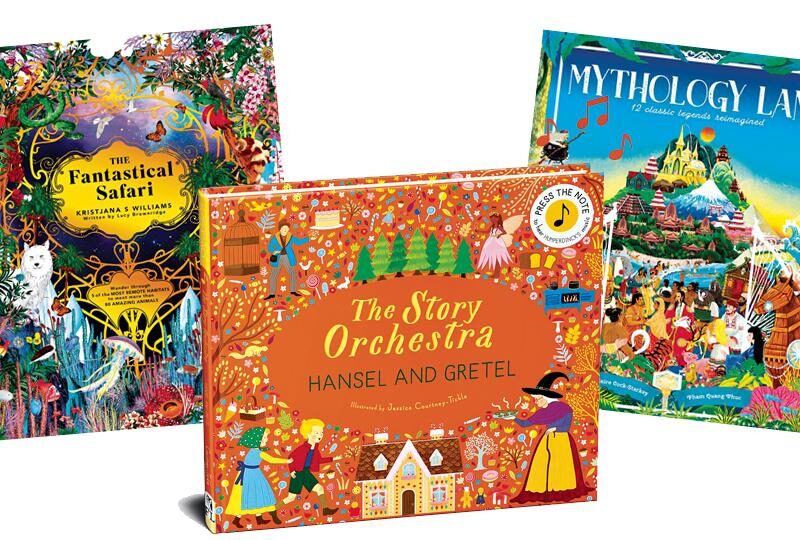
Puzzles through the grades
Puzzles are a terrific way for children of all ages to keep sharp. Here's how they can help throughout various stages of development…
Early education: Even if a child isn’t going “back” to school but rather just beginning their life as a student, puzzles can be a great way to give a child a head start. Toddlers will learn to recognize shapes and solve problems by matching puzzle pieces to complete beautiful illustrations on a broad range of subjects in which they are interested, like pirates, baseball, fairies, puppies, butterflies, frogs and many others. As a child ages, brain teaser puzzles will help strengthen logic skills.
Elementary school: Elementary school children are often exposed to puzzles depending on their course of study. For example, word puzzles are used to boost vocabulary, while logic puzzles are often used to foster arithmetic skills.
Upper grades: Middle and secondary school math and science teachers often use puzzles to challenge their students’ skills. Science experiments and mechanical puzzles that emphasize building and design help to foster a student’s knowledge of physics and geometry. Other puzzles can stimulate different learning skills and may even offer trivia tidbits.





